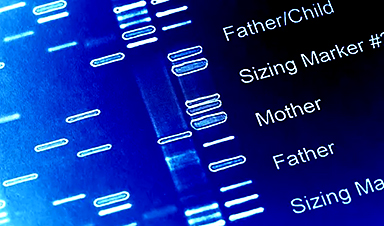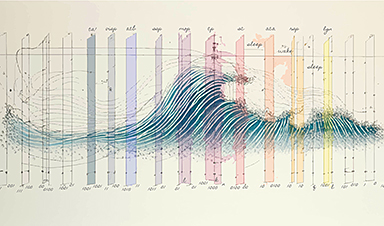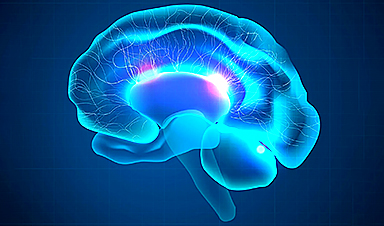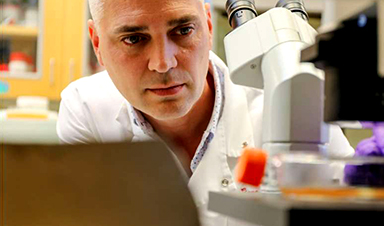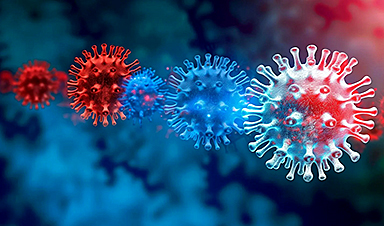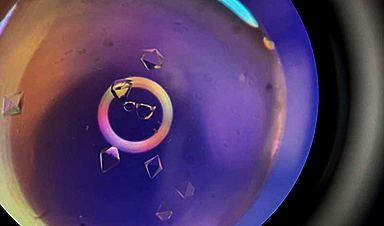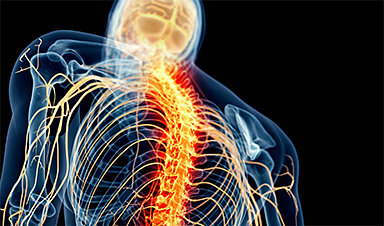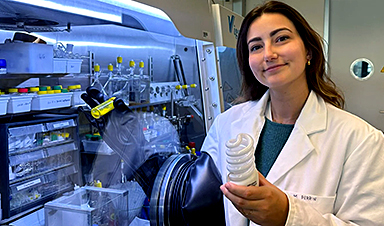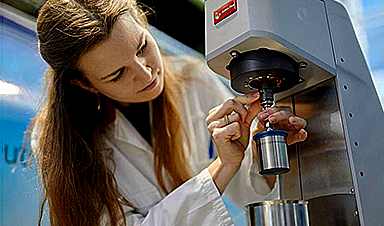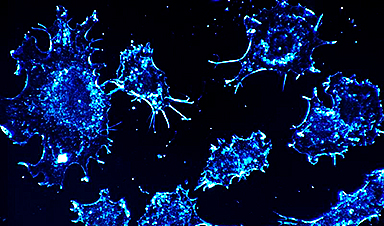As of August 6, 2021, the severe acute respiratory syndrome coronavirus 2 (SARS-CoV-2), which is the virus responsible for the coronavirus disease 2019 (COVID-19), has infected over 201 million people and caused the deaths of almost 4.3 million worldwide.
The high transmissibility and unpredictable nature of SARS-CoV-2 has supported the rapid development of several COVID-19 vaccines that have already been distributed in many countries around the world. To date, almost 30% of the world’s population has received at least one dose of a COVID-19 vaccine.
The recent rise in COVID-19 cases
The rise in SARS-CoV-2 cases in Israel, as well as many other countries around the world, requires a better understanding of how SARS-CoV-2 immune protection can weaken over time in both vaccination individuals and those who are convalesced seropositive as a result of previous SARS-CoV-2 infection. To this end, a recent study published on the preprint server medRxiv* determines whether the time elapsed since the second dose of the BNT162b2 vaccine is associated with an increased risk of breakthrough SARS-CoV-2 infection.
About the study
The current study is a retrospective cohort study that is based on data collected from the Leumit Health Services (LHS), which is a large healthcare provider in Israel. The cohort included 33,993 individuals who had received a reverse transcriptase polymerase chain reaction (RT-PCR) test between May 15, 2021, and July 26, 2021, at least two weeks after receiving their second dose of the COVID-19 vaccine.
To reflect the vaccine rollout stages, the researchers included three age groups in the study, which included individuals who were 60 or older, between the ages of 40 and 59, and between the ages of 18 and 39. Importantly, at the time of their RT-PCR test, none of the study participants had any evidence of previous COVID-19 infection.
Study results
The median time between when the participants had received the second dose of the COVID-19 vaccine and received an RT-PCR test was 146 days. However, over 50% of the participants had received an RT-PCR test over 146 days since their second dose.
Using 146 days as their cut-off, the researchers found that within the 60 and over age group, 2.19% of vaccinated individuals tested positive for SARS-CoV-2. Comparably, the positivity rate in the 40-59 and 18-39 age groups was 1.93% and 1.39%, respectively. Taken together, the increase in SARS-CoV-2 infection rates across all patient populations was significant.
Notably, at the time when the study was conducted, the dominant circulating variant was the SARS-CoV-2 Delta variant B.1.617.2. Of the 113 isolates that were sent for sequencing in this study, 93% tested positive for the Delta variant.
News
The Silent Battle Within: How Your Organs Choose Between Mom and Dad’s Genes
Research reveals that selective expression of maternal or paternal X chromosomes varies by organ, driven by cellular competition. A new study published today (July 26) in Nature Genetics by the Lymphoid Development Group at the MRC [...]
Study identifies genes increasing risk of severe COVID-19
Whether or not a person becomes seriously ill with COVID-19 depends, among other things, on genetic factors. With this in mind, researchers from the University Hospital Bonn (UKB) and the University of Bonn, in [...]
Small regions of the brain can take micro-naps while the rest of the brain is awake and vice versa
Sleep and wake: They're totally distinct states of being that define the boundaries of our daily lives. For years, scientists have measured the difference between these instinctual brain processes by observing brain waves, with [...]
Redefining Consciousness: Small Regions of the Brain Can Take Micro-Naps While the Rest of the Brain Is Awake
The study broadly reveals how fast brain waves, previously overlooked, establish fundamental patterns of sleep and wakefulness. Scientists have developed a new method to analyze sleep and wake states by detecting ultra-fast neuronal activity [...]
AI Reveals Health Secrets Through Facial Temperature Mapping
Researchers have found that different facial temperatures correlate with chronic illnesses like diabetes and high blood pressure, and these can be detected using AI with thermal cameras. They highlight the potential of this technology [...]
Breakthrough in aging research: Blocking IL-11 extends lifespan and improves health in mice
In a recent study published in the journal Nature, a team of researchers used murine models and various pharmacological and genetic approaches to examine whether pro-inflammatory signaling involving interleukin (IL)-11, which activates signaling molecules such [...]
Promise for a universal influenza vaccine: Scientists validate theory using 1918 flu virus
New research led by Oregon Health & Science University reveals a promising approach to developing a universal influenza vaccine—a so-called "one and done" vaccine that confers lifetime immunity against an evolving virus. The study, [...]
New Projects Aim To Pioneer the Future of Neuroscience
One study will investigate the alterations in brain activity at the cellular level caused by psilocybin, the psychoactive substance found in “magic mushrooms.” How do neurons respond to the effects of magic mushrooms? What [...]
Decoding the Decline: Scientific Insights Into Long COVID’s Retreat
Research indicates a significant reduction in long COVID risk, largely due to vaccination and the virus’s evolution. The study analyzes data from over 441,000 veterans, showing lower rates of long COVID among vaccinated individuals compared [...]
Silicon Transformed: A Breakthrough in Laser Nanofabrication
A new method enables precise nanofabrication inside silicon using spatial light modulation and laser pulses, creating advanced nanostructures for potential use in electronics and photonics. Silicon, the cornerstone of modern electronics, photovoltaics, and photonics, [...]
Caught in the actinium: New research could help design better cancer treatments
The element actinium was first discovered at the turn of the 20th century, but even now, nearly 125 years later, researchers still don't have a good grasp on the metal's chemistry. That's because actinium [...]
Innovative Light-Controlled Drugs Could Revolutionize Neuropathic Pain Treatment
A team of researchers from the Institute for Bioengineering of Catalonia (IBEC) has developed light-activated derivatives of the anti-epileptic drug carbamazepine to treat neuropathic pain. Light can be harnessed to target drugs to specific [...]
Green Gold: Turning E-Waste Into a Treasure Trove of Rare Earth Metals
Scientists are developing a process inspired by nature that efficiently recovers europium from old fluorescent lamps. The approach could lead to the long-awaited recycling of rare earth metals. A small molecule that naturally serves [...]
Cambridge Study: AI Chatbots Have an “Empathy Gap,” and It Could Be Dangerous
A new study suggests a framework for “Child Safe AI” in response to recent incidents showing that many children perceive chatbots as quasi-human and reliable. A study has indicated that AI chatbots often exhibit [...]
Nanoparticle-based delivery system could offer treatment for diabetics with rare insulin allergy
Up to 3% of people with diabetes have an allergic reaction to insulin. A team at Forschungszentrum Jülich has now studied a method that could be used to deliver the active substance into the [...]
Nanorobot kills cancer cells in mice with hidden weapon
Researchers at Karolinska Institutet in Sweden have developed nanorobots that kill cancer cells in mice. The robot's weapon is hidden in a nanostructure and is exposed only in the tumor microenvironment, sparing healthy cells. [...]


